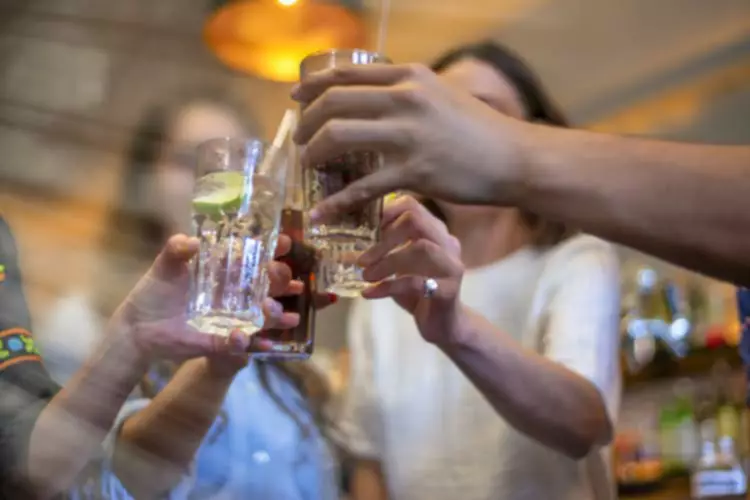views
Alcohol and Depression: How Are They Connected?

Psychodynamic therapy is a form of talk therapy designed to help you better understand and cope with your day-to-day life. Psychodynamic therapy is based on the idea that your present-day reality is shaped by your unconscious, childhood experiences. Each type of medication that’s used to treat depression has benefits and potential risks.
- By Sarah Bence, OTR/LBence is an occupational therapist with a range of work experience in mental healthcare settings.
- Persistent depressive disorder (PDD) has milder symptoms than MDD but lasts longer.
- Whether you’re experiencing depression or not, it’s essential to evaluate your drinking habits and consider why you drink, when you drink, and how you feel when you drink.
- Mutual-help groups also can be effective elements of treatment for co-occurring AUD and depressive disorders.
Product Reviews
- “Depression and alcohol misuse are often tied because we take a depressant to counter a chemical depression which only makes it worse.”
- Treatment often includes an integrated approach to simultaneously address both alcohol use disorder and depression.
- By following safe drinking guidelines, you can help reduce your risk for depression as well as other hangover symptoms.
- It includes mindfulness as a strategy to manage discomfort as it occurs.
- For many people, feeling sad or unhappy is a prominent symptom of depression.
One study of 421 people found that 25% had both alcohol misuse and depression. Individuals with alcohol use disorder often develop a physical dependency on alcohol. However, the flip side is that people alcohol and depression who frequently use alcohol are more likely to also be depressed.
Alcohol and Depression: Understanding the Connection

While quitting alcohol is crucial for people with alcohol use disorder and depression, avoiding alcohol will not cure depression. People may wish to seek quality psychological care from a doctor, therapist, or both. Benzodiazepines, a class of anti-anxiety drugs that some people with depression may use, may help with alcohol withdrawal. When combined with alcohol, however, they can cause life-threatening https://ecosoberhouse.com/ intoxication.
Natural remedies and lifestyle tips

Alcohol can significantly impact the levels of neurotransmitters in your brain, making depression worse. Antidepressants can help even levels of these chemicals and can help relieve symptoms of depression. Likewise, if you’re diagnosed with one of these conditions, your doctor may ask about symptoms of the other. This is a common part of diagnosis because both so frequently occur together. Your doctor will likely conduct a physical exam and a psychological evaluation.
- During therapy, you can learn coping mechanisms that can help you return to life without drinking.
- Research from 2013 also supports the link between alcohol use and self-harm.
- People who are pregnant should talk to their healthcare professionals about the risks of taking SSRIs during pregnancy.
- Drinking activates the reward system in your brain and triggers dopamine release, so alcohol often seems to have a stimulating effect — at first.
- He drank daily in his early 20s — around the time when he started experiencing suicidal thoughts.
PTSD is characterized primarily by alterations in arousal and recurrent intrusive thoughts that follow a traumatic event. Among those with AUD, about 15-30% overall have co-occurring post-traumatic stress disorder, with increased rates of 50-60% among military personnel and veterans.28 The two conditions may worsen each other. Thus, here, too, it’s important to be cognizant of the signs of PTSD in patients with AUD, and vice versa. Research has linked the development of depression symptoms in adolescents to regular or heavy alcohol use. Adults who met criteria for alcohol use disorders also had a higher risk for depression.
